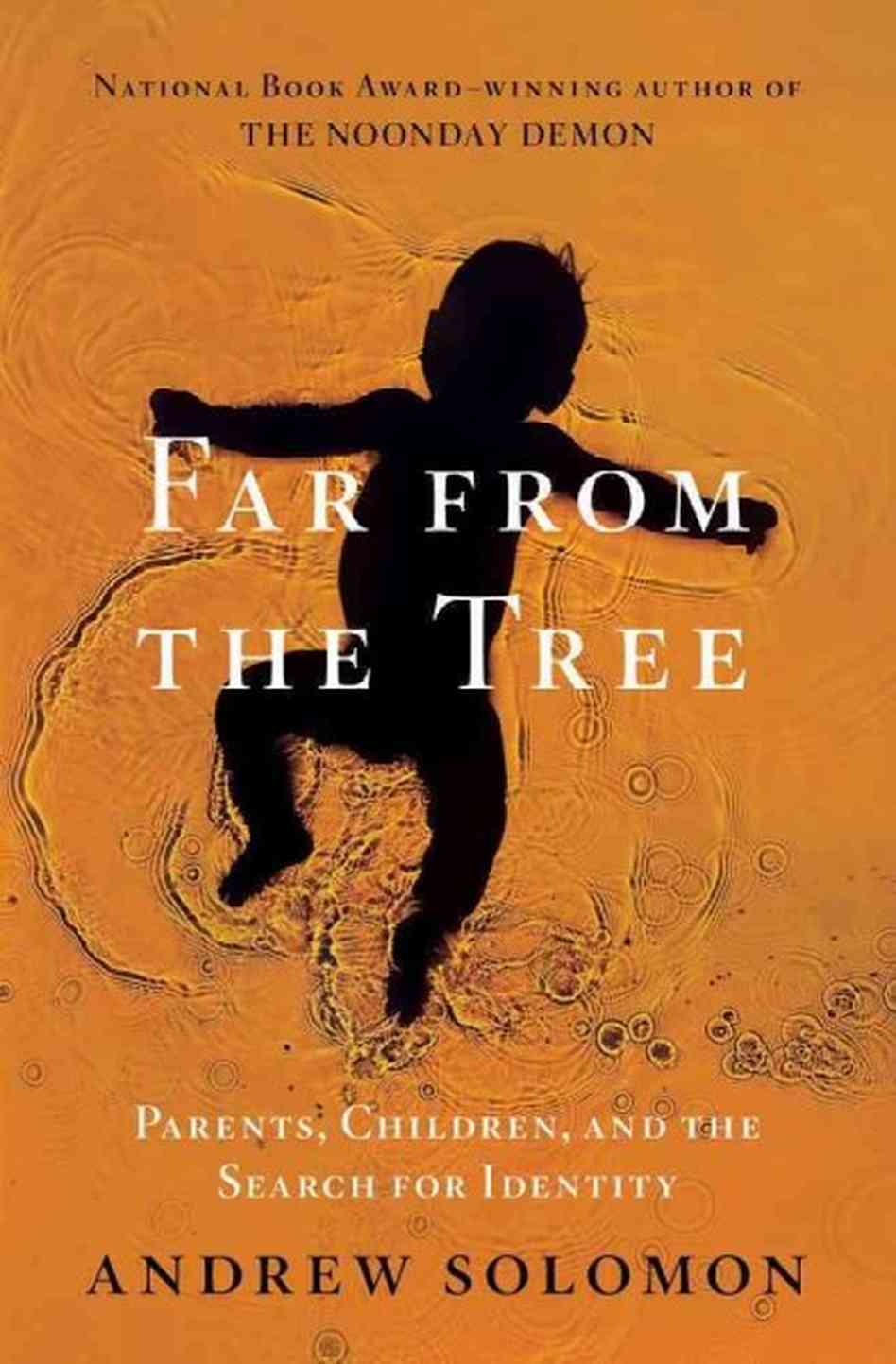In the weeks leading up to the February 28 announcement of the 2012 NBCC award winners, Critical Mass highlights the thirty finalists. Today in our series, NBCC board member Laurie Muchnick offers an appreciation of nonfiction finalist Far From the Tree: Parents, Children, and the Search for Identity (Scribner) by Andrew Solomon.
 For a 702-page book with 199 pages of notes and bibliography, Andrew Solomon’s Far From the Tree feels surprisingly intimate. This is a book about parents and children, and Solomon starts with a chapter about his own parents and ends with a chapter about his own children.
For a 702-page book with 199 pages of notes and bibliography, Andrew Solomon’s Far From the Tree feels surprisingly intimate. This is a book about parents and children, and Solomon starts with a chapter about his own parents and ends with a chapter about his own children.
It’s a book about what it means to be different and about parents raising children who are different from them in a huge variety of ways – children who are deaf, who are dwarfs, who are transgender; children who have Down syndrome, autism or schizophrenia. There are child prodigies, children born from rape and children who commit crimes.
Through it all Solomon weaves his own experience as a gay man whose parents hoped he would change: “I wanted to find out why I had experienced so much pain in my childhood, to understand what was my doing, what was my parents’, and what was the world’s.”
Solomon spent a decade traveling the world, conducting hundreds of interviews, and his book is full of unexpected stories. Who would have thought the parents of Dylan Klebold, one of the Columbine killers, would be so sympathetic? Solomon says he’d be “game to join” their family.
He considers the case of Ashley, a profoundly disabled child who can’t walk, talk, feed herself or turn over. When she was 6, her parents arranged for her to have hormone treatments, a hysterectomy and other surgery that would make her stay small enough for them to carry and care for. They were surprised by the backlash from people who thought they had mutilated their daughter. Solomon, with the measured judgment that his name implies, animates all sides of the issue – and in the end, he comes down on the side of love.
“I can’t be sure whether [Ashley’s father] harmed his daughter or helped her, but I believe that he acted in good faith. Parents are broken and full of error. Intention does not obliterate that error, but I think … that it does mitigate it. Being hurt by those you love is awful, but it’s less awful if you know they meant to help.”
There is plenty of analytical intelligence here, but it’s Solomon’s compassion that really shines through.
Solomon is a brilliant reporter and storyteller, and though his book is long and covers a lot of difficult territory, it never feels heavy or ponderous. When I reached the end I wanted to keep reading – how about a chapter on cross-racial adoption, or children with different religious beliefs from their parents? I could have kept going for 702 more pages.
Links:
Andrew Solomon's website
New York magazine review
New York Times review
Washington Post review
New Yorker review

